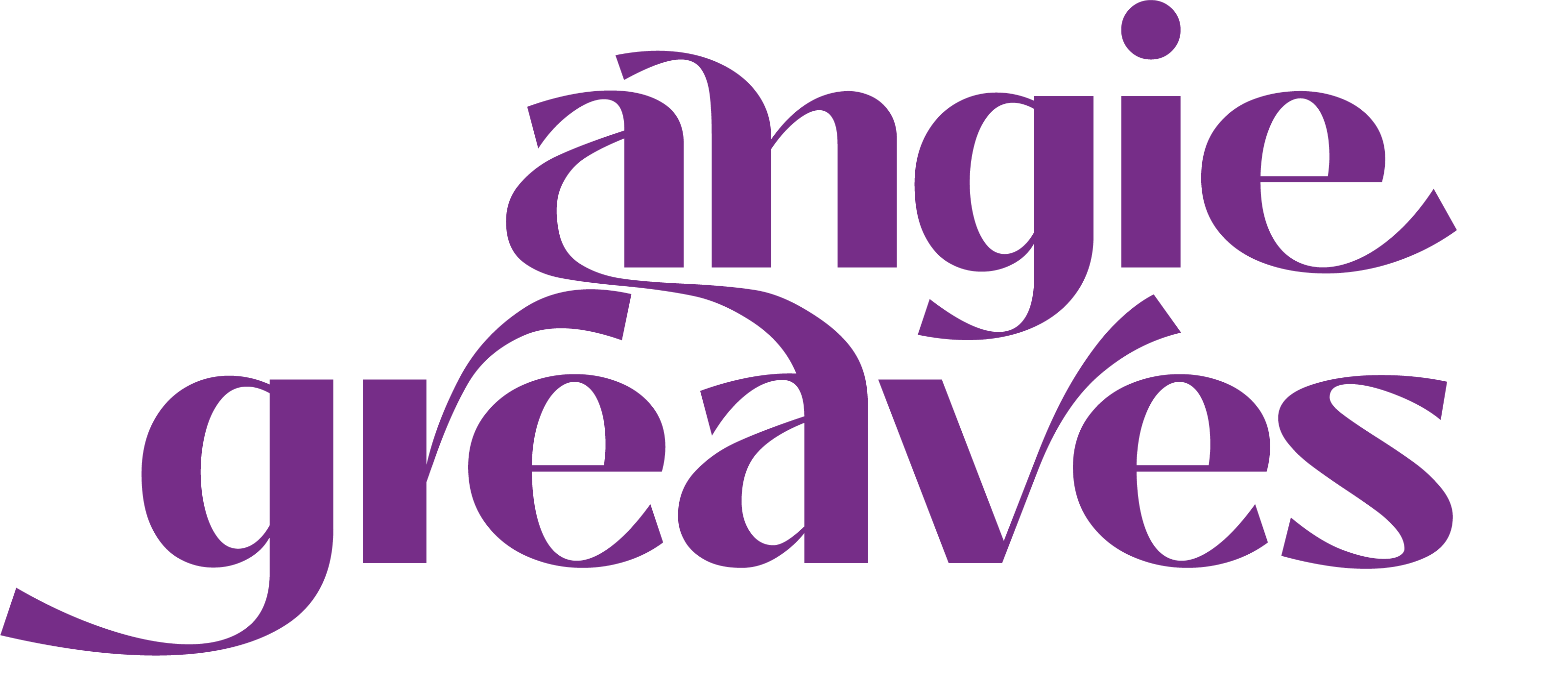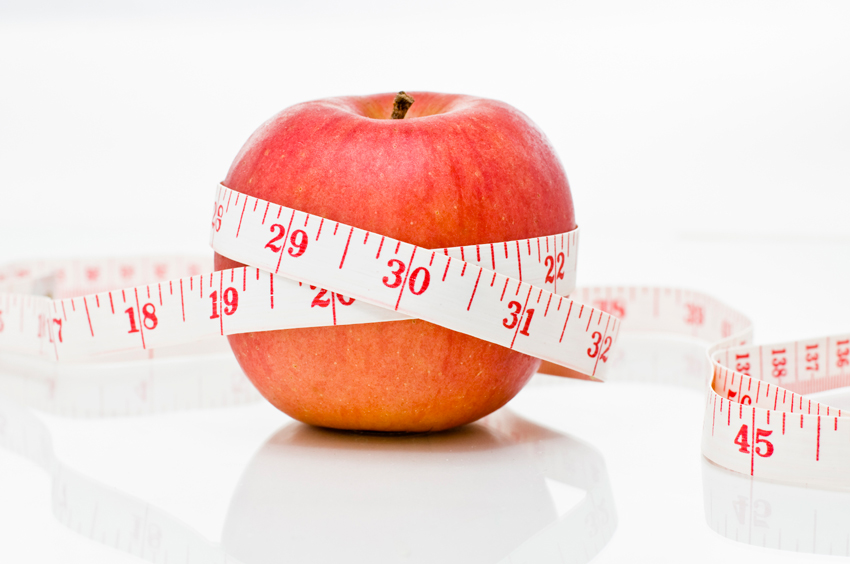Most people are aware that the basic rules for weight loss and for weight gain lay in the fundamental principle of “calories in versus calories out”; in order to lose weight you must take in fewer calories than your body utilises (a calorie deficit) and to gain weight you need to consume more calories than you expend, be it through merely living (walking, talking, breathing and so on) or through concentrated exercise. The science is well known; if your body has a calorie deficit, it falls back on fat stores and uses that fat as energy. Conversely, excess, unused calories are generally stored as fat.
You may think that a ‘calorie is a calorie’, and to a large extent this is true, but only if you are looking at it from an energy perspective. Calories from different sources whether it be fat, carbohydrate or protein do indeed contain the same amount of energy and so are equal on this front; however, it is how they are processed by our bodies that make some of them better calories– so to speak- than others. Therefore, the type of calories you consume can make a dramatic difference when trying to manage your weight.
Metabolisation
Let’s go over to the geek corner and converse for a moment…
In order to assimilate nutrients from food our bodies must use energy to digest and absorb the food in the first place. In this way we can see that all calories are not technically equal since we require differing amounts of energy for different types of calories. A good example is that protein requires more energy for it to absorb than carbohydrates do, and these requires more energy than fat.
Though the differences are relatively small, over time they can make great changes to your weight and physical appearance. Therefore, theoretically, you would get fewer calories from a 1500 calorie diet, high in protein, than a 1500 calorie diet, high in fat.
Fibre Content
Fibre is technically a form of carbohydrate that has a significant effect on the ‘full feeling’ or satiety without making a change to the number of calories consumed because it is not fully absorbed by the body. In this way a 200 calorie food very high in fibre will reduce your appetite and the amount of food that you may want to eat. Therefore by simply upping your fibre content without making any effort to reduce your total calorie intake may lead you to eat less because your appetite will be noticeably reduced. If calories were equal this would not be the case as the high-fibre calorie has a different effect on the body than a low-fibre calorie!
If you’re trying to lose weight then adding fibre to your diet is a sure-fire way to go because not only will it help you to reach your goal, it also has a host of other health benefits. These include improved gastrointestinal functioning, lowered blood cholesterol and even a reduction in the risk of developing diabetes and cardiovascular disease.
Liquid Calories
Liquid calories are everywhere. With the amount of sugary drinks, sodas and even fruit juices available, you would be surprised just how many calories you are consuming just by having a drink. A recent study by Royal Society for Public Health showed that a large glass of wine or pint of larger has the same calories (and is the nutritional equivalent) as a Krispy Kreme doughnut. A 150 calorie drink simply cannot satisfy and nourish you in the same way that a 150 calorie food would. This is simply because the calories are not balanced with protein, fat and carbohydrates, and they tend to contain sugar, which our bodies use quickly with minimal effort. Sadly for those who aren’t fans of H2O, the best thing for our thirst is still the OG of liquids – aqua. It comes with a few sugar-free guarantees that man-made drinks can’t provide.
Knowledge: Try swapping every other drink with water to cut down on calories. Coconut water is also a great substitute (and post workout drink) due to its multitude of electrolytes, vitamins and minerals. If you have the prep time, make water more interesting by throwing some chopped fruit or veg (for example, strawberries or cucumber) into a bottle and leaving it overnight in the fridge. The fruit/veg will infuse the water with their flavour, which is a little different from the norm. If it’s hard-core fat burning you’re after, make a few litres of green tea, let it cool and use that as your source of liquid.
Final Thoughts
Although calories counting is certainly a tried and tested way to measure the amount of food you are consuming, whether you want to maintain, lose or gain weight, the most important thing to remember is to balance your calories between all food groups. Therefore it is probably fair to conclude that whilst all calories are equal, some are nutritionally better than others. Meaning that for all of us daydreamers, there probably never will be an all pie diet or full fat beer replacement meal which builds the body we’re looking for!




























